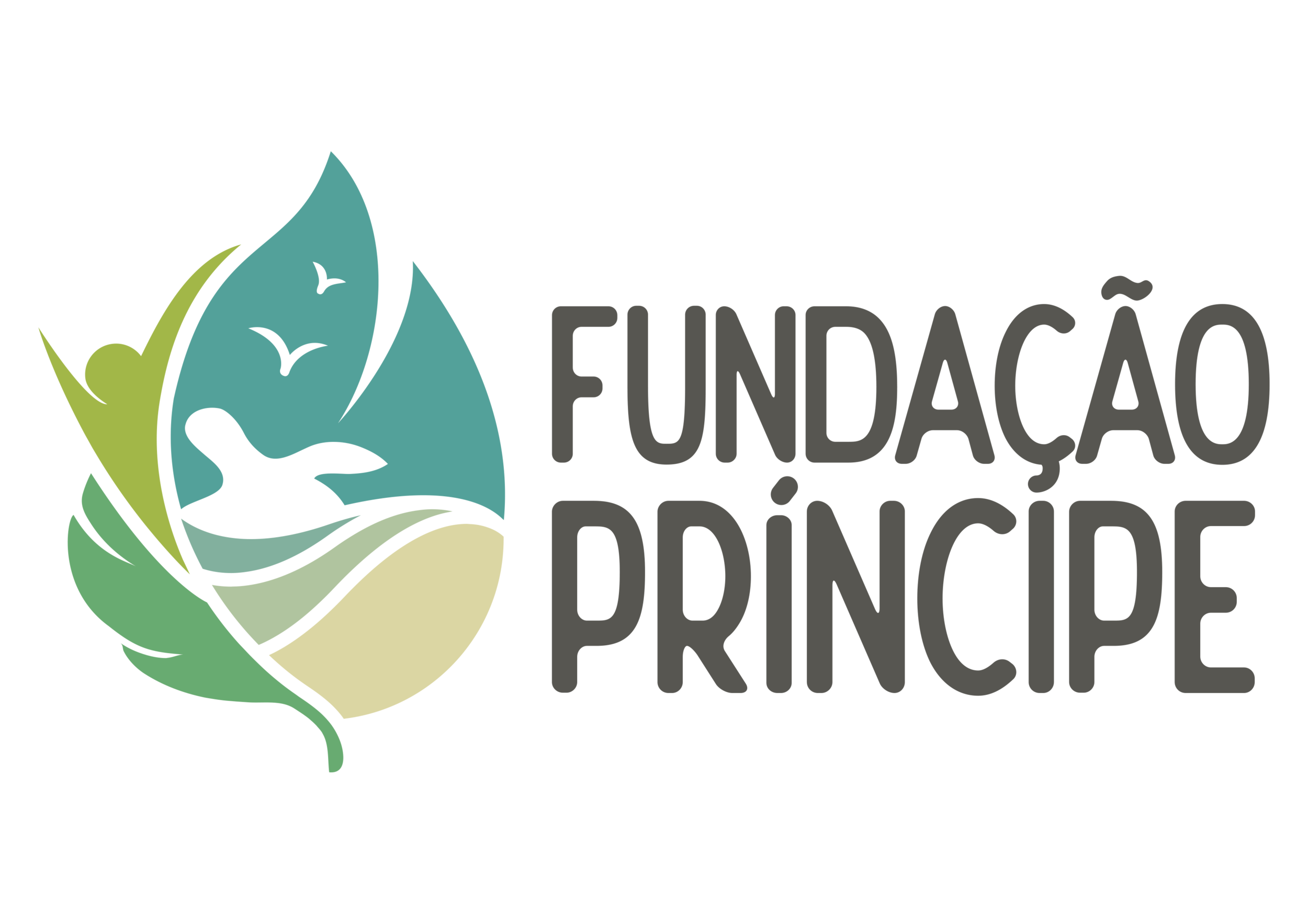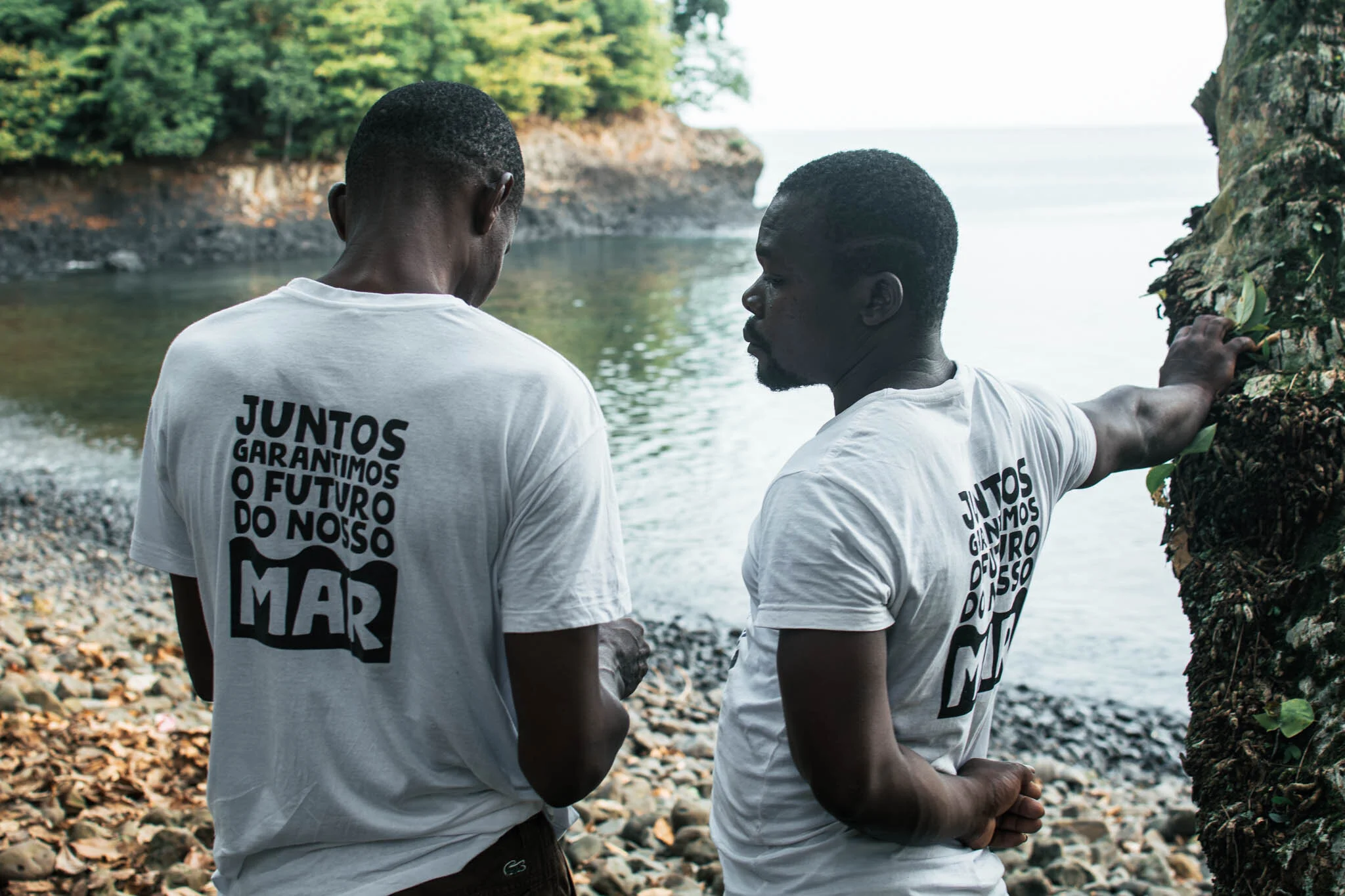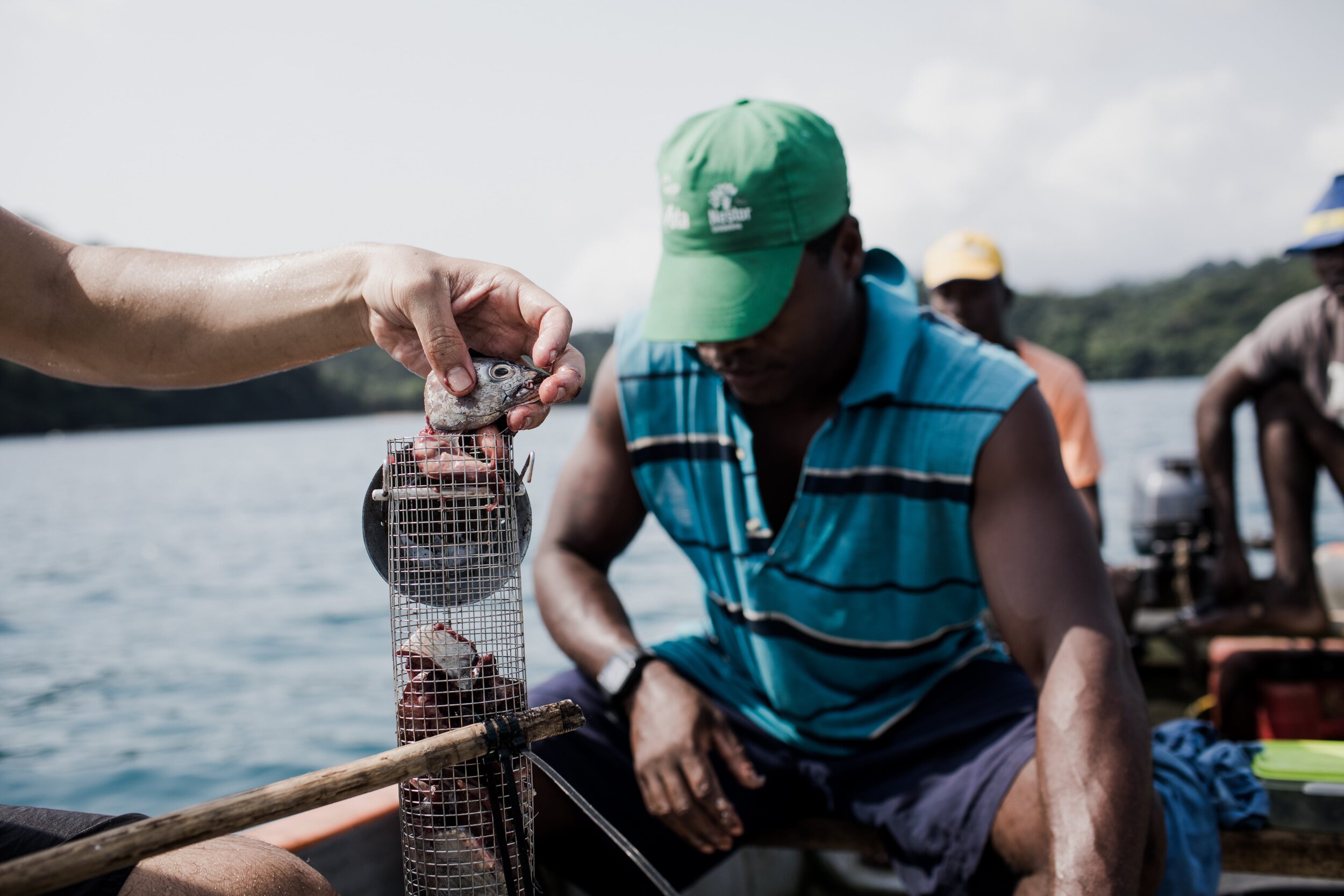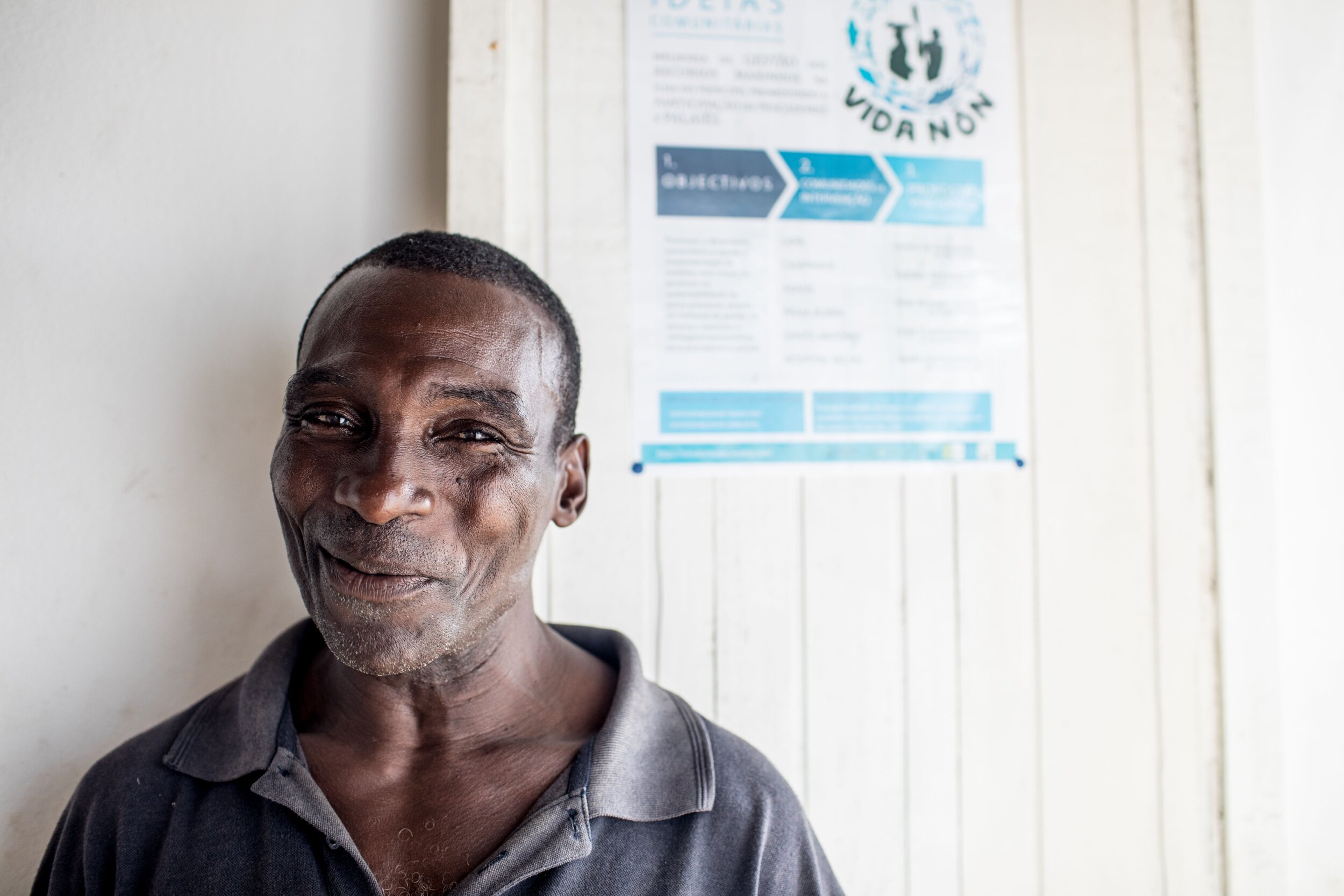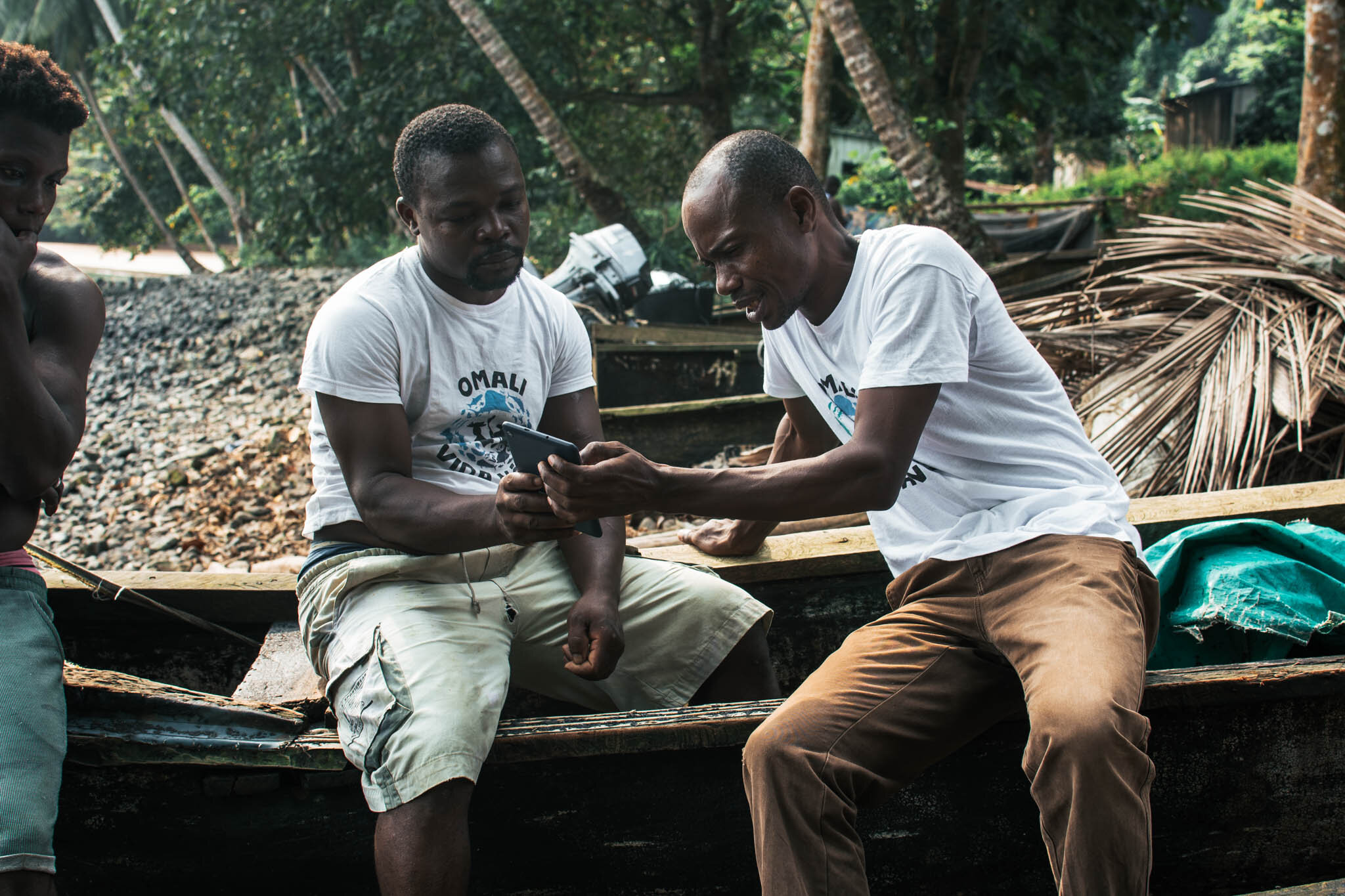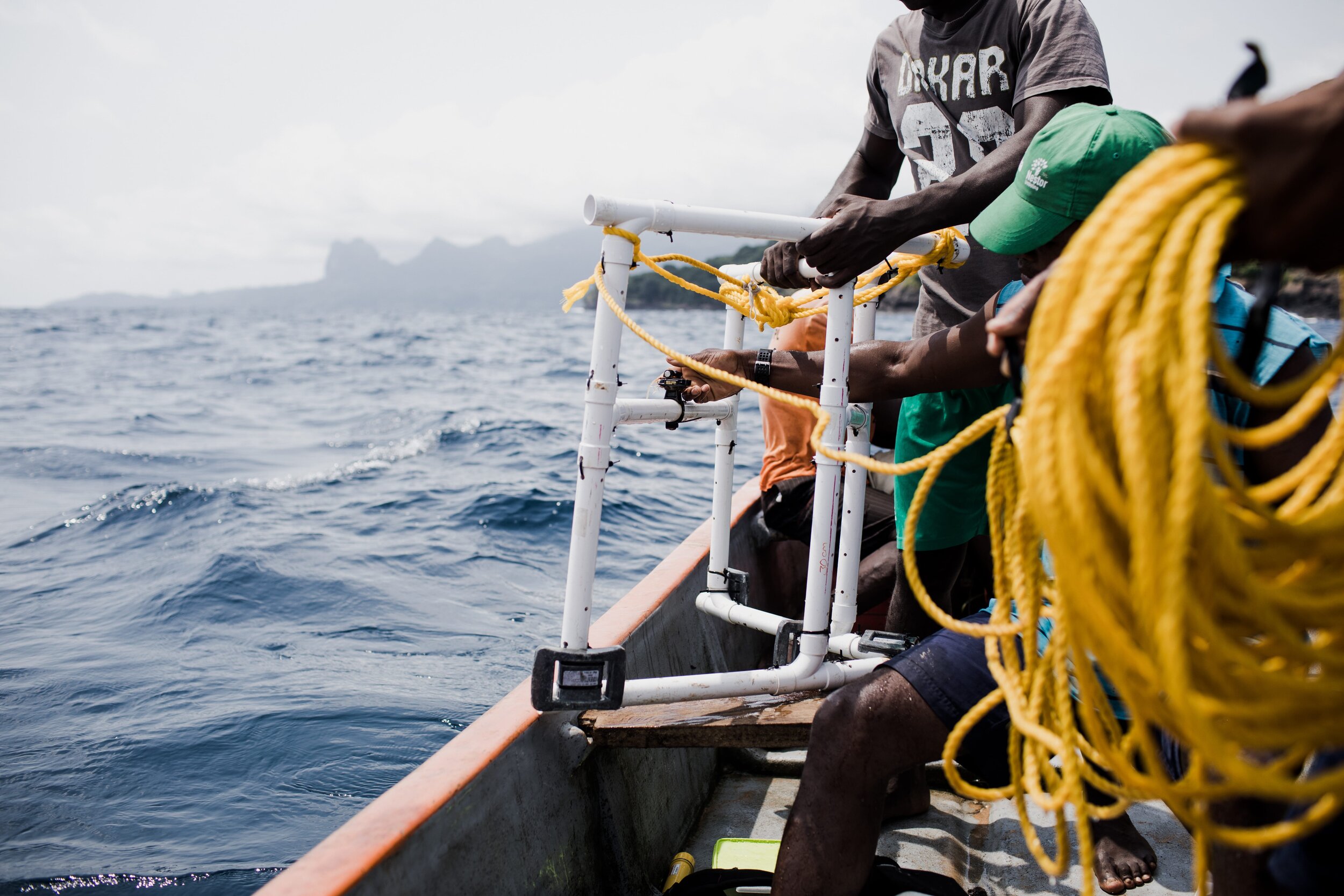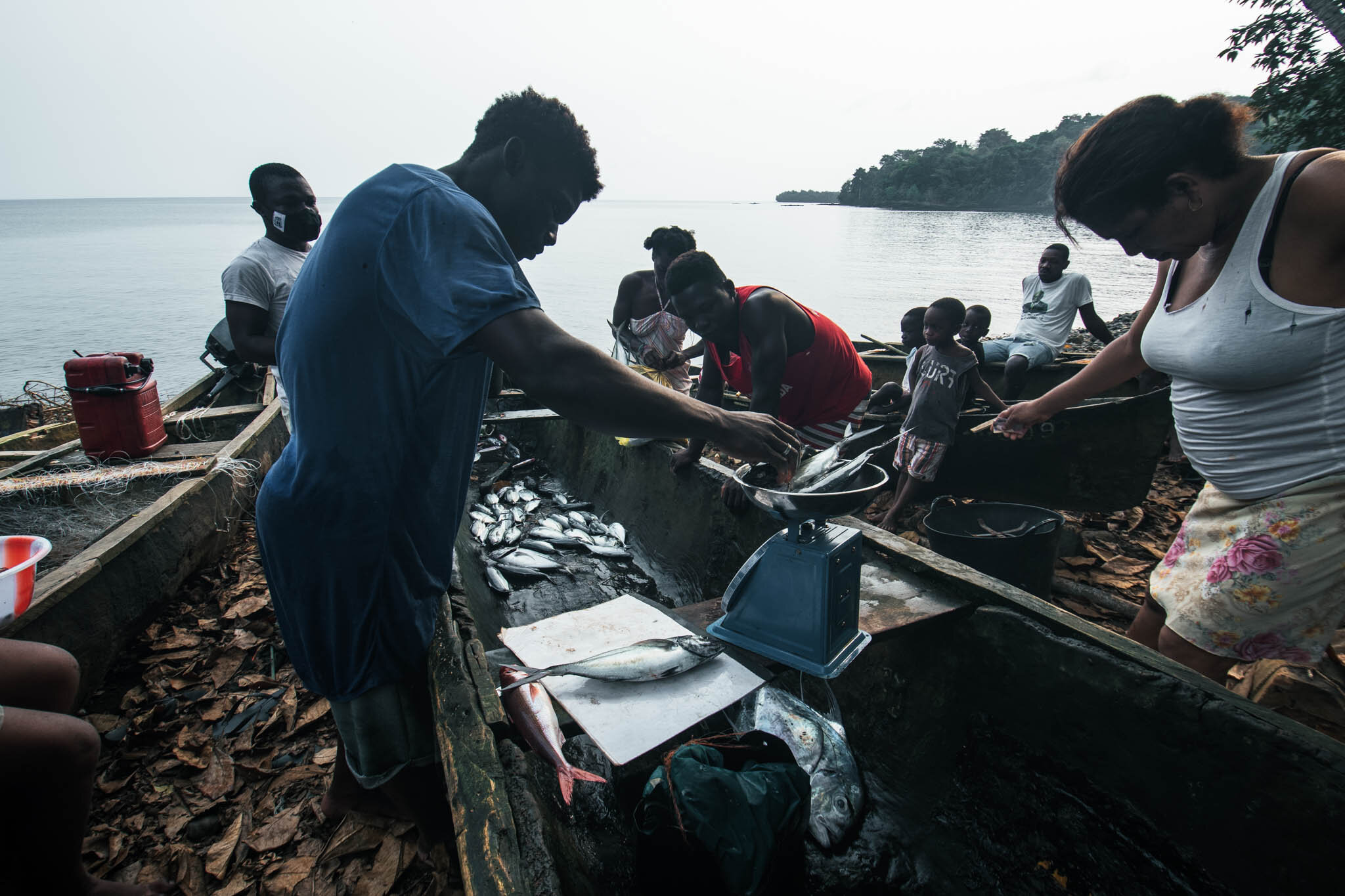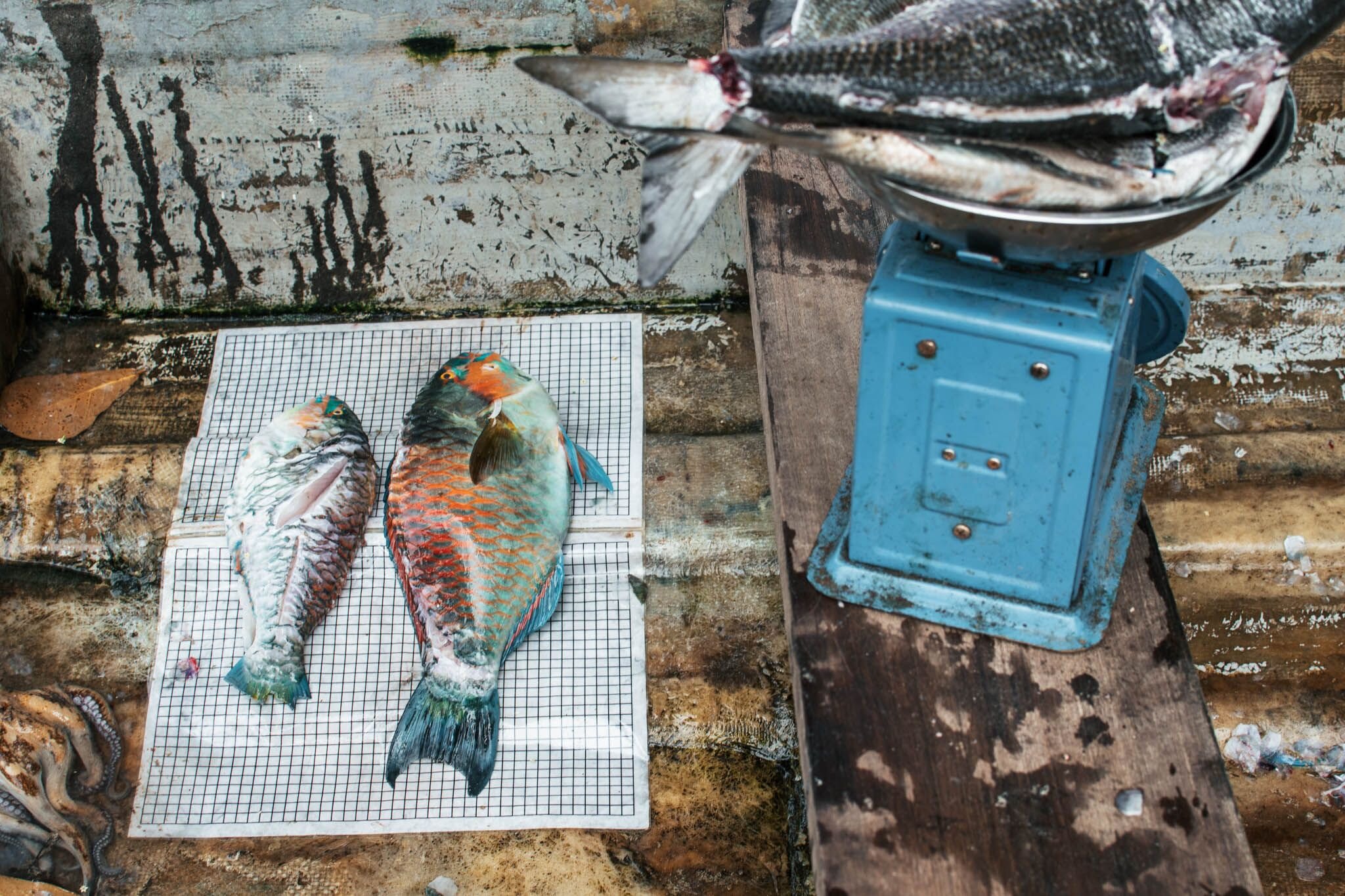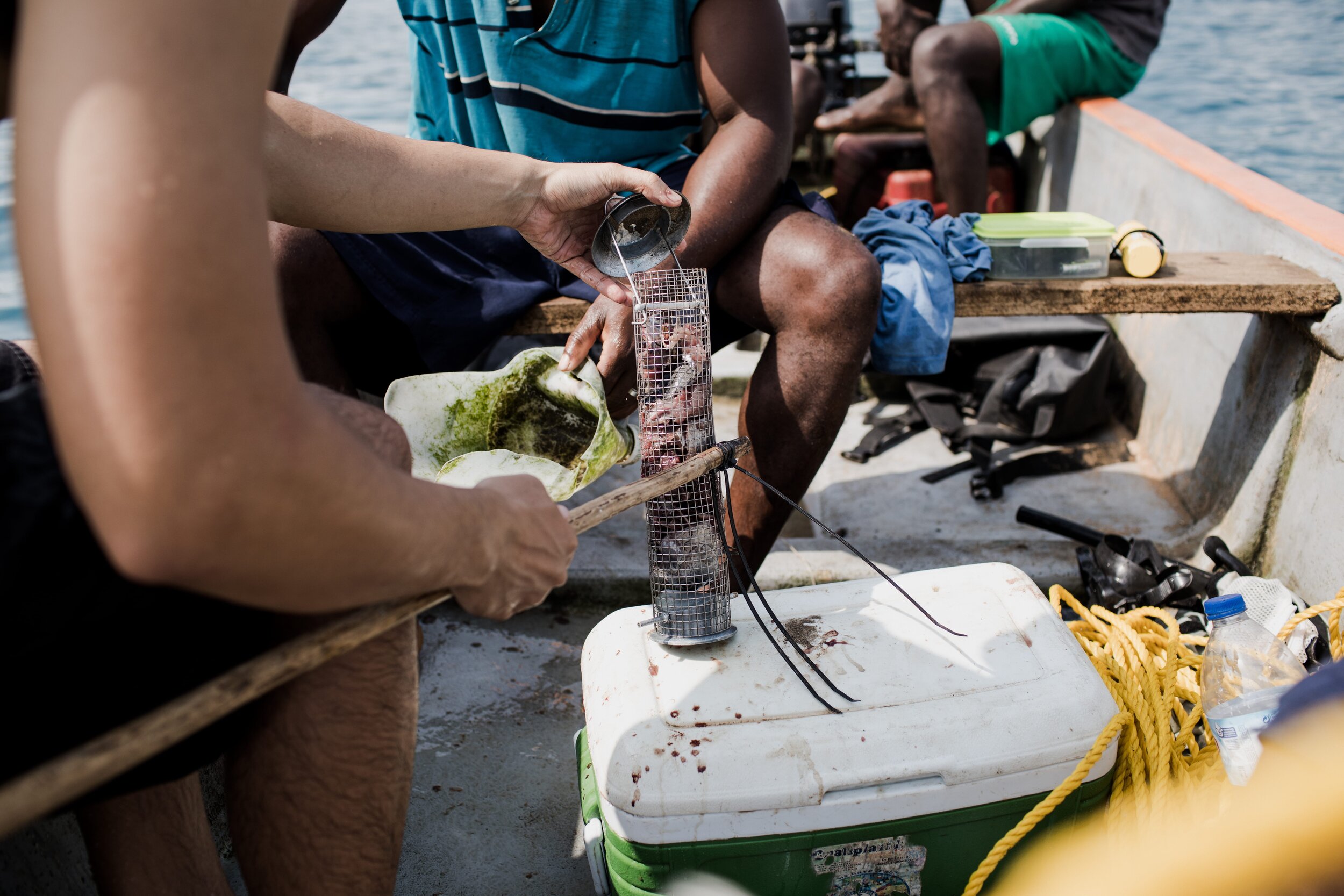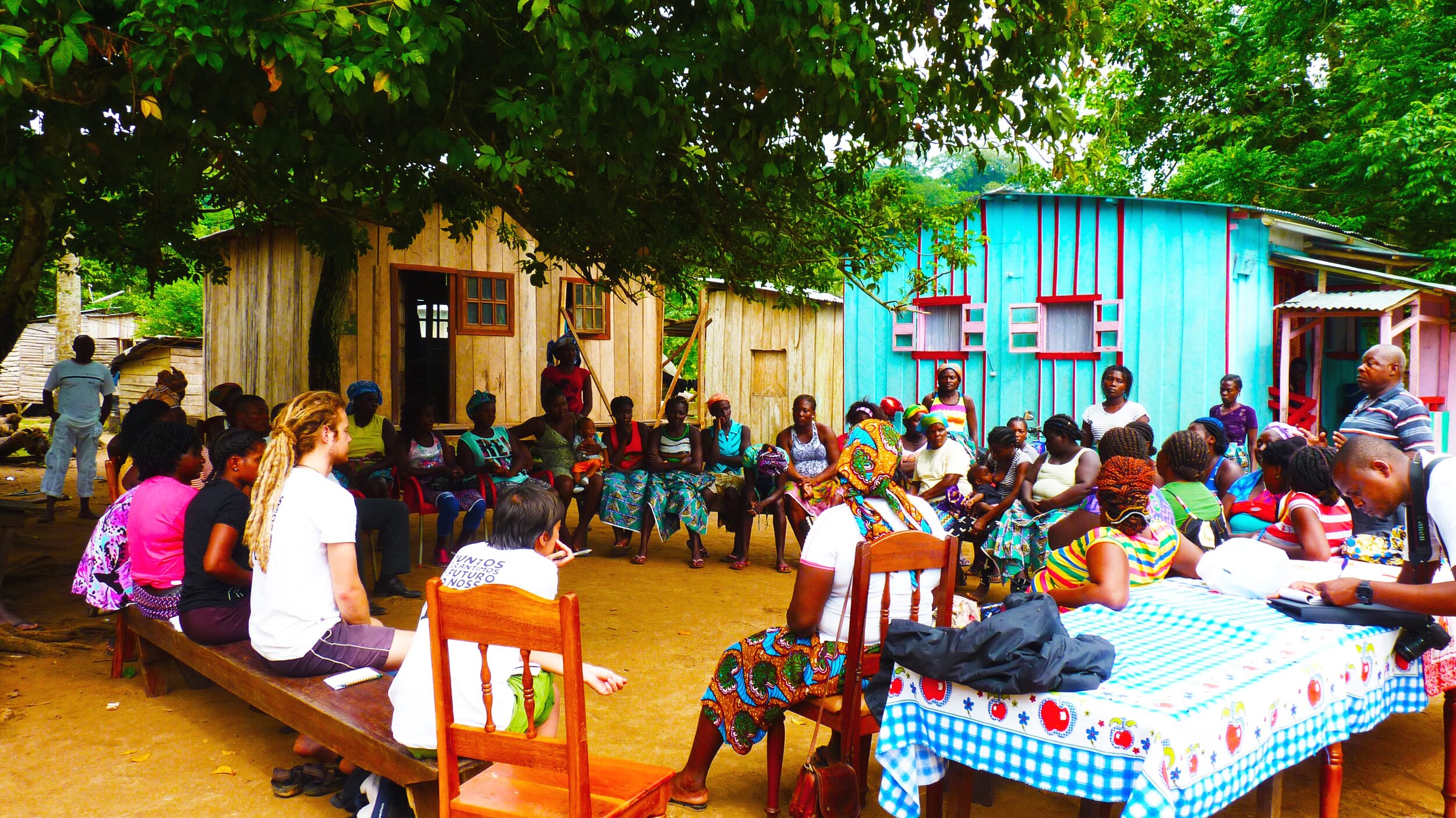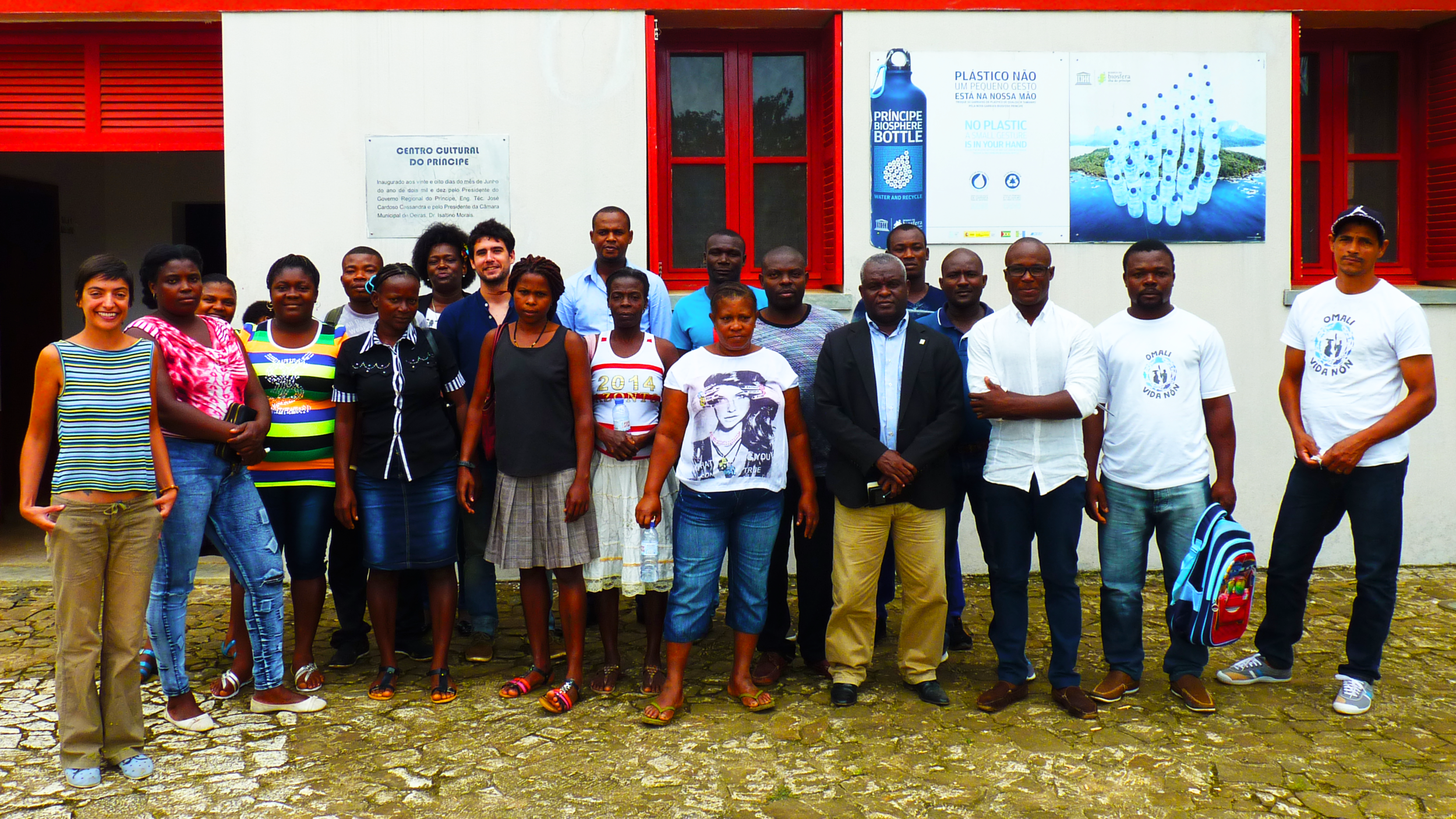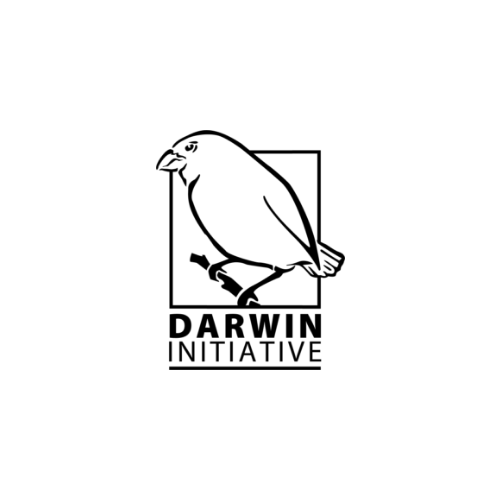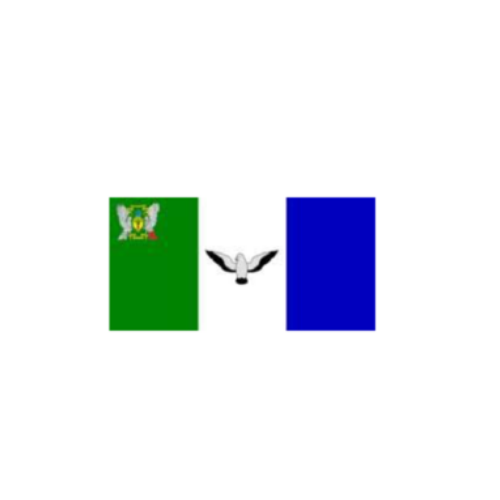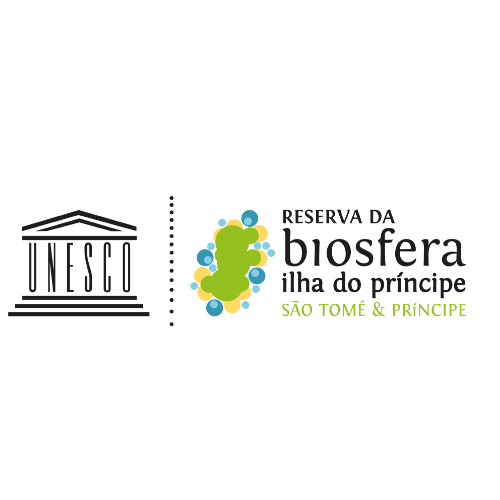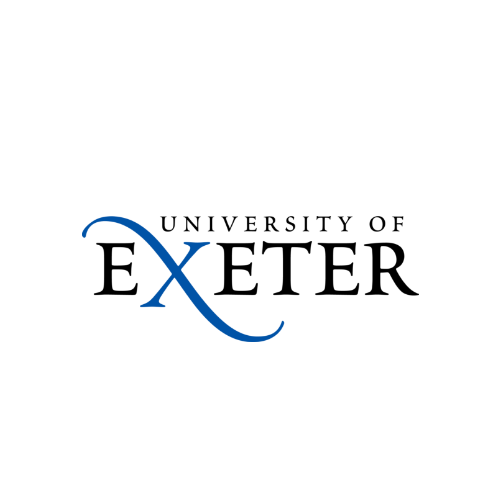“Omali Vida Nón” translates as “Our sea, our life” in the Creole language of São Tomé and Príncipe. The first phase of the project (July 2016 – March 2019) aimed to promote better management of marine resources through engagement with key stakeholders – the fishermen and fish sellers.
The project implemented and tested approaches to benefit fishing communities and marine biodiversity, with a focus on participatory resource management
Context:
Overfishing and habitat degradation are directly affecting the viability of fishery livelihoods in Príncipe. Low conservation capacity, limited monitoring and enforcement, poor governance, and lack of impact assessment are the main barriers to the effective management of marine resources on the island, with crucial implications for biodiversity, food security and human well-being.
The project set out to address these challenges through a participatory approach to improve the status of marine biodiversity, improve food security, increase gender equality, and reduce poverty in coastal fisheries dependent communities on the Island.
Main activities include:
Fisheries and livelihoods: Greater understanding of artisanal fisheries and industry resilience to threats, and best practices for reducing fishing pressure on non-target and conservation-concerning species, achieved through participatory research and community involvement;
Laying the foundation for establishing co-management: to improve the long-term sustainability of the fisheries sector through improved and empowered governance;
Island-wide assessment of ecosystem service trade-offs and social side-effects to see the role of improved fishing practices and co-management in facilitating these large-scale island effects;
Capacity Building: Increased local capacity and technical expertise to improve governance of marine resources in Príncipe through bespoke training programs;
Funders and partners
You can consult here the official website of the “Omali Vida Non” project.
